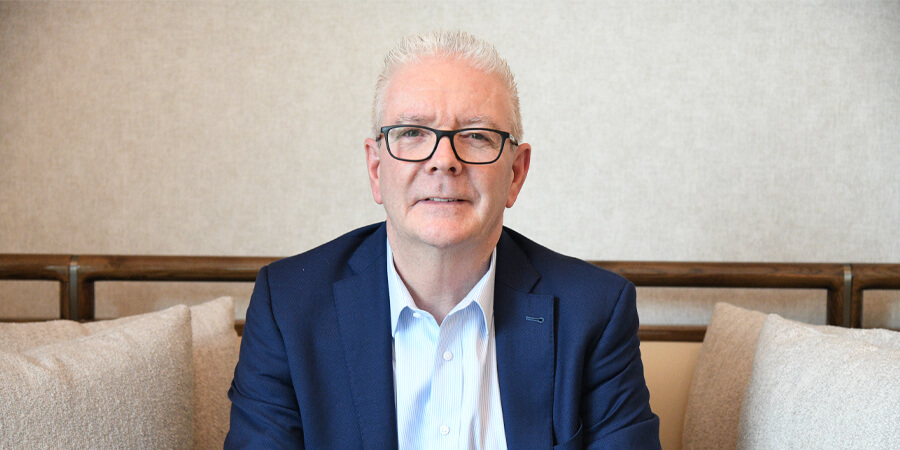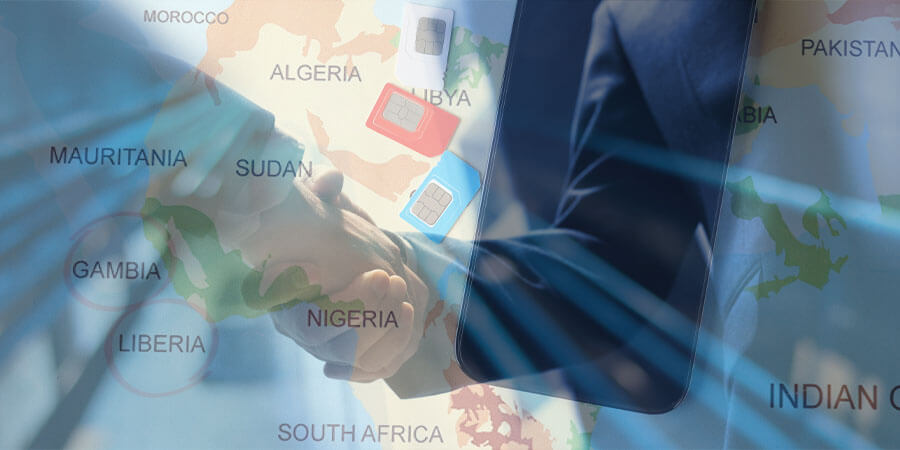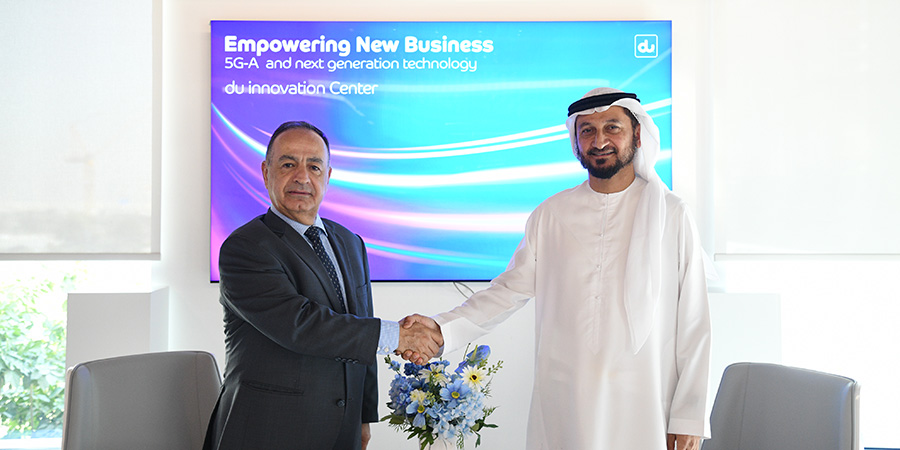Ethio Telecom’s revenue rose 20% to 33.8 billion birr ($631 million) in the first half of the fiscal year, despite new competition from international player Safaricom.
Frehiwot Tamiru, CEO of Ethio Telecom, said at a press conference that the operator's mobile money service Telebirr, launched in May 2021, has grown from 21.8 million to 27.2 million subscribers out of a total of 70 million subscribers. This growth was seen as Safaricom Ethiopia also launched a commercial mobile network in October, which now covers at least 21 cities across the country.
Ethiopia is one of the last markets still closed off from international players and is seen as a significant growth opportunity given its staggering population of 110 million. The Ethiopian government, which began opening up its economy in 2018, has gone through the process of selling its 40% stake in Ethiopian Telecom and instead awarding another player the second telecommunications license.










































